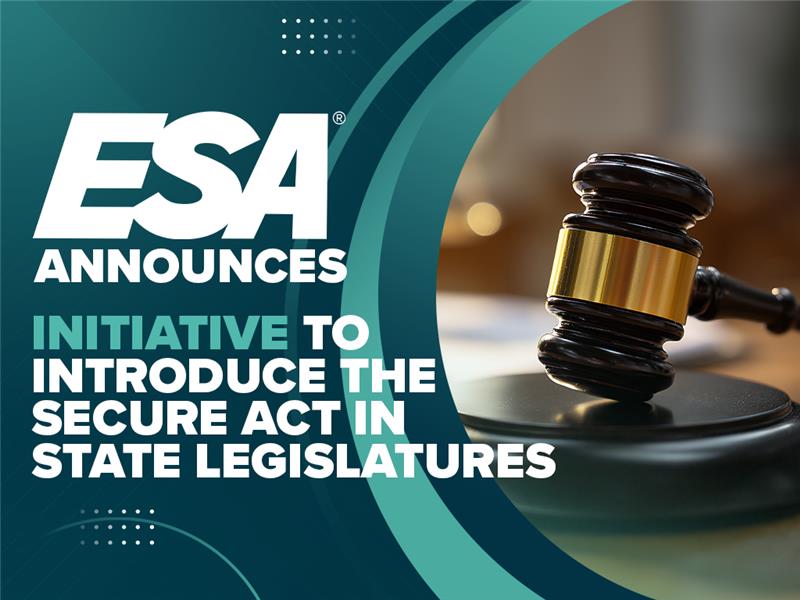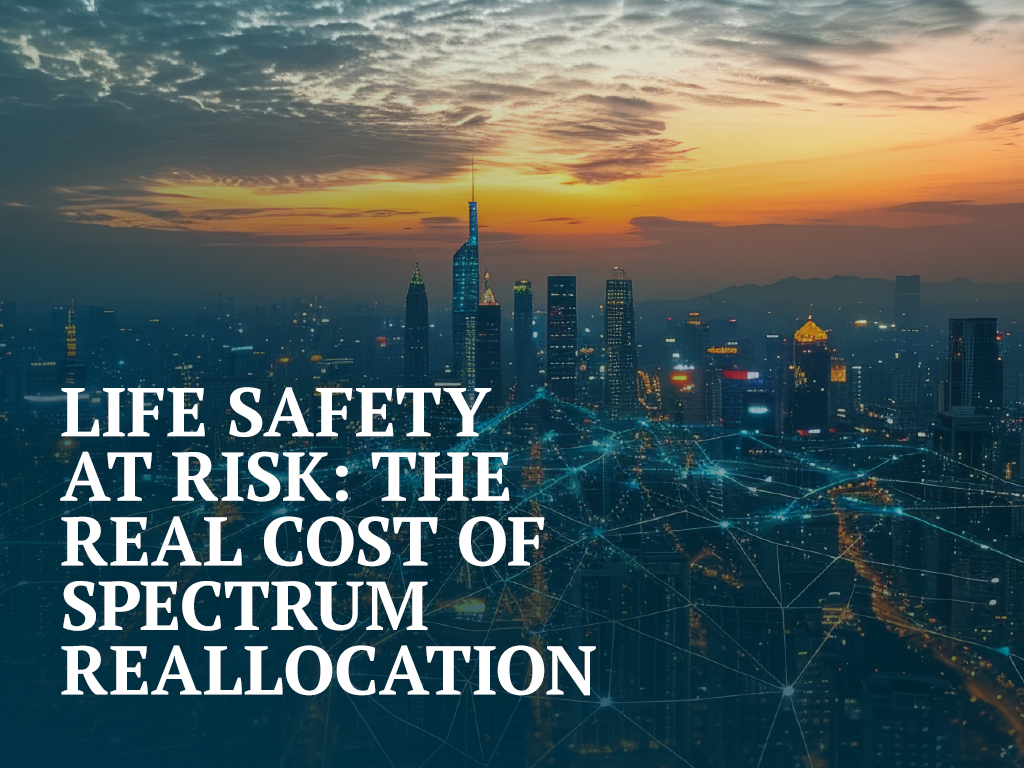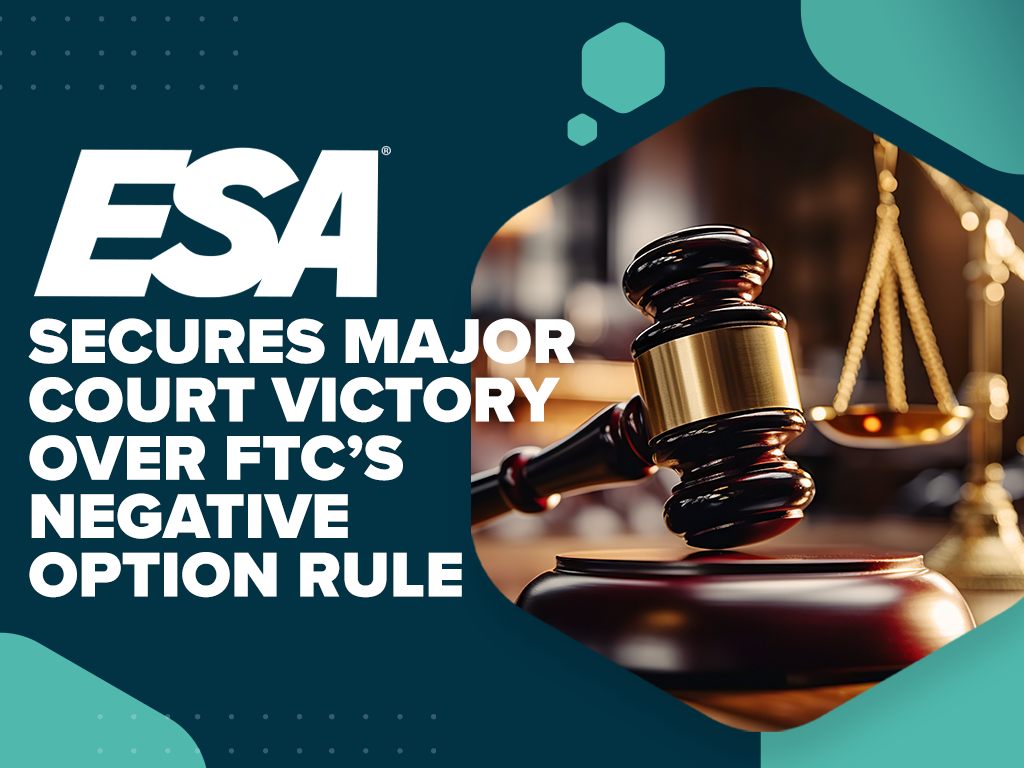Legislative Report February 2022

Here are highlights of legislative activity that could impact the electronic security and life safety industry from February.
Federal Legislative Summary – February 2022
If you ever want to know how bizarre things can get in Congress, take a look at H.R. 4521 – the “America COMPETES Act of 2022”. The table of contents in this bill is 54 pages. The bill itself is over 3,600 pages. It covers a vast array of issues, including biometric research and testing, and broadband expansion. The bill covers everything from the domestic production of semiconductors to financial regulations for cannabis-related businesses.
Back on earth, H.R. 4609 reauthorizes funding for the National Institute of Standards and Technology (NIST) and with that reauthorization are a number of provisions that could have an impact on electronic security systems down the road. NIST does the vendor testing for facial recognition and other biometric markers used for identification in public and private settings. It was a NIST study back in 2019 that created a huge uproar over the use of facial recognition because some data in that study wrongly suggested, or was taken out of context, depending on your interpretation of data regarding disproportionate misidentification of minorities and women.
Companion bills referred to as “Schedules That Work Act” were also filed in February. S. 3642 and H.R. 6670 would permit employees to request changes to their work schedules without fear of retaliation and to ensure that employers consider these requests, and to require employers to provide more predictable and stable schedules for employees in certain occupations with evidence of unpredictable and unstable scheduling practices that negatively affect employees. One can never be sure how broadly bills like this would be interpreted when passed and left to regulatory agencies for specific definitions. The focus on this bill appears to be on retail and food service industries, but the definition of “covered employer” is very broad.
Access the Members-Only Federal Legislative Report
State Legislative Summary – February 2022
Over 70 of the 260 bills we tracked in the last month were related to wage and hour issues. Legislators around the country are very focused on addressing the negative impact of inflation.
If you have a footprint in a state with a legislature in session, it is almost guaranteed at least one bill in your state address wage & hour issues. Most simply raise the minimum wage. Others would raise the minimum wage and index future increases to inflation.
While the nation faces ongoing labor shortages, some states continue to double-down on project labor agreements and labor-friendly public works contract requirements that virtually eliminate merit-based contractors from competing. See Oregon HB 4059 and Utah HB 424. But other states are going in the other direction and filing legislation to bar project labor agreements or other labor tactics to gain membership. Virginia HB 883 would repeal project labor agreement provisions in that state, and it is viable given the most recent election there.
Arizona SB 1191 would prohibit project labor agreements on public works projects. It would also prohibit local governments from requiring or favoring the use of labor unions as a condition for issuing permits.
There was also a notable increase in fire and life safety bills filed or moved in the last month. Several relate to smoke and carbon monoxide detection systems in homes and schools. See bills like this in Hawaii, Louisiana, Connecticut, Iowa, Ohio and Washington.
Florida SB 1140/HB 669 are companion bills that will waive all but two (2) hours of continuing education requirements for current holders of specified ESA and NICET certifications. The bill will also add devices that are covered under “low-voltage alarm system projects” and it will simplify the permitting process for fire alarm system projects. This bill was just enrolled and is now on its way to the Governor.
Access the Members-Only State Legislative Report




